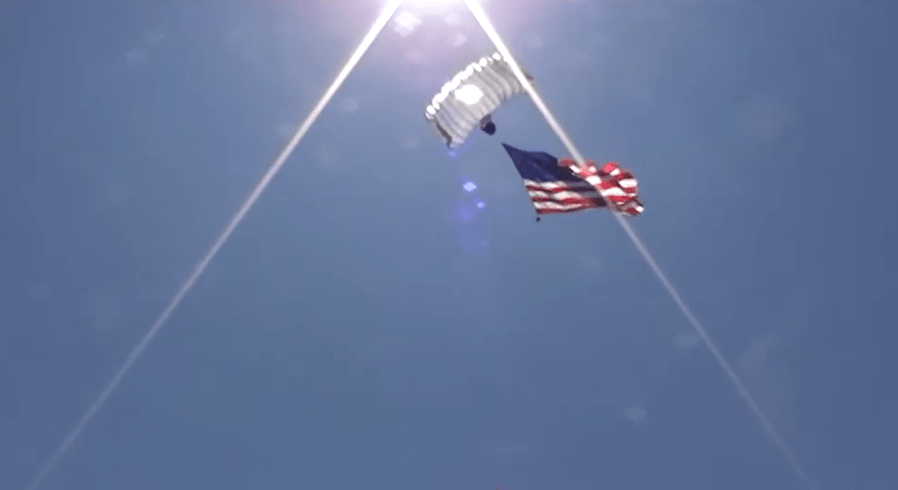Tomorrow, July 30th, SCUBA Divers led by GLOBAL ECO ADVENTURES, former U.S. military special operators with FORCE BLUE and the Special Forces Association, and officials with the South Carolina Dept. of Natural Resources (SCDNR) among others [see below] will facilitate the near-shore installation of the initial portion of a smart reef system. In coordination with leading scientists from Coastal Carolina University (CCU), the smart reef dive team will offload modular reef sections (to be equipped with sensor technology for wave motion detection and storm tracking) onto the ocean floor.
The group will include CCU’s research vessel as well as a number of SCDNR boats and other watercraft participating in this near-shore smart reef developmental expansion.
The smart reef installation is the culminating event of the monthlong SC7 EXPEDITION across South Carolina from the mountains to the sea, July 1-30.
OVERVIEW OF THE SMART REEF SYSTEM:
In 2020, the South Carolina Floodwater Commission (SCFWC) partnered with Coastal Carolina University in advancing the Smart Reef Initiative to deploy the first of numerous artificial reef structures and scientific instrumentation. The Smart Reef Initiative advances numerous goals including a combination of several of the SCFWC task force recommendations: data collection to advance modeling for predicting and engineering of coastal environments to deal with issues of sea level rise and flooding; exploring the utility of artificial reefs to potentially be designed to effect coastal beach erosion while also supporting recreational fisheries; and, data collection for similar ideas of “living shorelines” such as oyster reef restoration projects to help mitigate marsh erosion in estuaries as well as the potential to employ further up the watershed.
The Smart Reef system adds data and facilitates real-time data feeds into Coastal Carolina University’s interactively coupled ocean-atmosphere-wave-hydrologic modeling system to improve the advanced model applications to help inform discussions about tropical storm impacts (e.g. flooding and storm surge) and eventually broader pressures and threats to our coastal environmental and economies. The data also supports broad research interests related to the growing of reef system interactions with waves and currents as well as a wide range of natural resource management concerns.
“As the state works to increase resilience to extreme weather events, quality data is essential in the development of predictive modeling and planning. Understanding how artificial reefs can be used for wave attenuation and storm surge reduction will be crucial as coastal communities prepare for rising sea levels and the possibility of increased tropical system activity.” – Benjamin Duncan, S.C. Office of Resilience

WHO: The SC7 expedition team (including GEA and the S.C. National Heritage Corridor) along with Coastal Carolina University (CCU), the S.C. Department of Natural Resources, FORCE BLUE, the Medical University of South Carolina (MUSC), the S.C. Office of Resiliency, the S.C. Department of Veterans Affairs, and the Special Forces Association Parachute Team, as well as Toadfish and other private sector partners.

